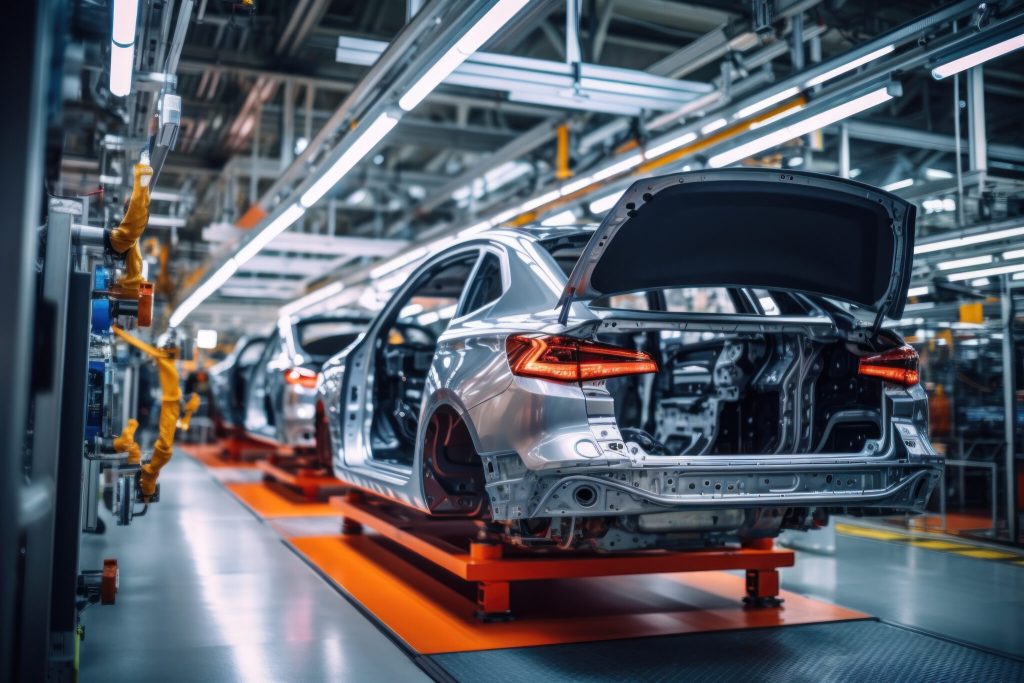
The slowdown in the growth of electric vehicle (EV) sales has spurred a number of major automakers to scale back their electrification plans, contributing to increasing availability and dwindling lead times for components used in cars.
In recent months, carmakers including Toyota, Volvo, Porsche, Mercedes Benz, General Motors and Ford have trimmed their EV outlooks and have delayed or reduced their planned electric lineups for the year. The automotive companies said their moves came in response to lower-than-expected EV sales results this year.
While still growing, EV unit sales increases are decelerating in 2024, with an expected rise of 20% this year, down markedly from the 35% increase in 2023, according to the International Energy Agency (IEA). This slowdown is dragging down overall car sales growth in 2024, with a unit increase of 2.8% expected this year, down from an 8.9% rise in 2023, according to one market watcher.
Amid this new reality, EV plans have been revised for major automakers, including:
- Ford, which previously planned to produce 1 million EVs annually by 2026, has now scrapped plans for a seven-seat EV SUV and has delayed its next-generation pickup truck until 2027.
- General Motors, which recently cast uncertainly on its ambitions to produce 1 million EVs by the end of 2025.
- Mercedes-Benz, which in early 2024 announced it will delay its previous goal of becoming an EV-only brand by 2030.
- Toyota, which now plans to build only 1 million EVs in 2026, down from 1.5 million previously.
At the same time, automakers and their suppliers are trimming their EV battery production plans. A recent example is Automotive Cells Company (ACC), a joint venture by Stellantis, Total and Mercedes-Benz, which paused construction of two of its upcoming European EV battery plants in Europe in June. Other carmakers, including BMW and Volkswagen, have reduced the scale of their partnerships with battery makers or are downsizing plant construction plans. Ford also said it will reduce the size of its planned battery factory in Michigan.
News of automakers’ scaled-down EV ambitions is influencing demand and inventory trends for a range of component types. One affected part type is microcontrollers (MCUs), which are experiencing weak automotive demand, contributing to declining overall sales and diminishing lead times. In August, the Commodity IQ Lead Time Index for MCUs/MPUs reached its lowest level in the last 12 months.
Other component categories with significant exposure to the automotive sector were also at 12-month lows on the lead time index in August. These part types include transistors and power analog devices.
Batteries are also experiencing declining lead times, with the Commodity IQ Batteries Index declining to near its 12-month in August.
Under these circumstances, buyers should challenge supplier lead times for these commodities as more favorable terms may now be available.
While the slowdown in sales growth is challenging many automakers’ EV plans, the downshift is spurring more favorable lead time conditions for buyers.


